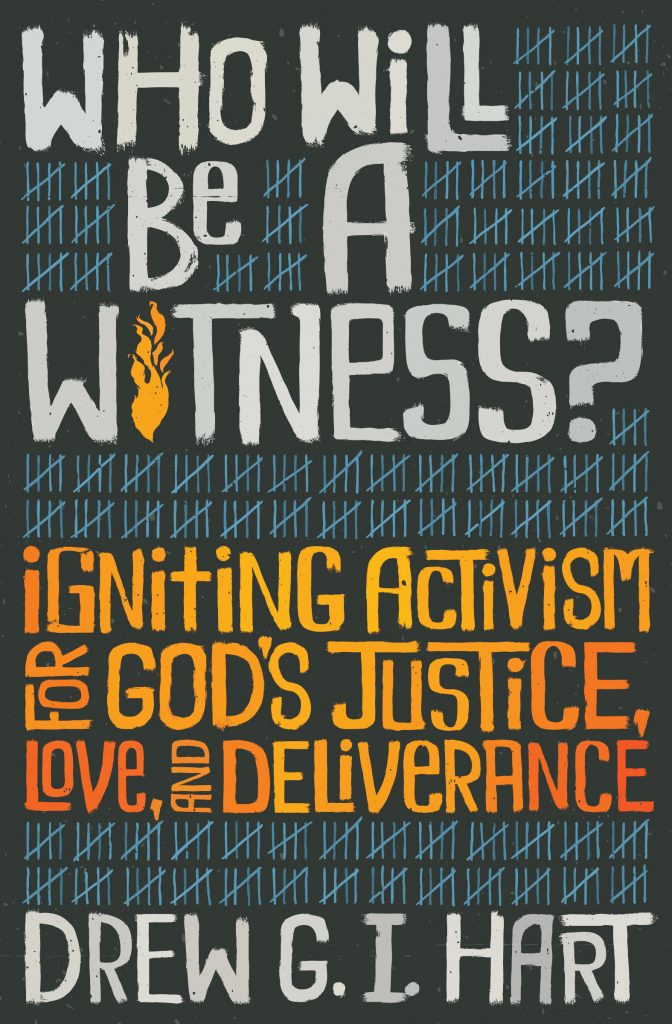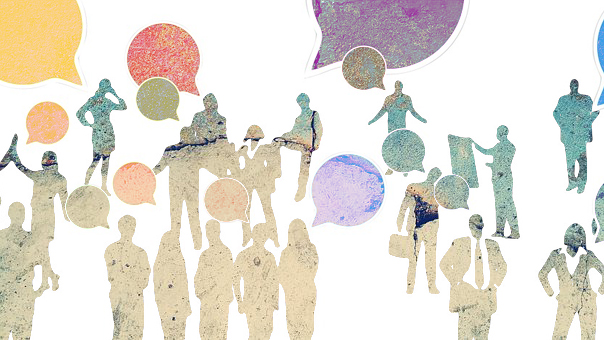From February through June, Mosaic’s Intercultural Team offered a monthly book study on Drew Hart’s second book, Who Will Be A Witness? Pastors and leaders from across the conference gathered over Zoom to respond to Hart’s challenge and invitation.
Who Will Be A Witness? outlines a biblical and historical case for why Christians should engage in the public witness of racial and economic justice. Hart roots each of his claims in the “revolutionary public witness of Jesus” as a way to remind Christians of how Jesus’ life, death, and resurrection informs our witness to the world. His challenge and invitation to the reader is that we too can embody “the good news of Jesus through radical grassroots action as local congregations” in the face of the systemic and interlocking injustices of racism, militarism, and economic exploitation (p. 41).

I must confess, from my perspective, Hart’s challenge was easier to grasp than his invitation at first. In chapter three, Hart shares a personal story about when he watched white students at his Christian college leave in mass protest during a chapel service led by students of color. Hart recalls his anger and disappointment at how his white peers opted out of a challenging conversation on race and Christian faith. He noticed how when the conversation got difficult, his white peers collectively decided that their racial comfort was more important than their shared Christian identity with students of color like himself (pp. 101-106).
I believe the challenge for our predominantly white book club was similar. How do we not internally check out when the conversation gets difficult? How might our shared commitment to following Jesus help ground our understanding of racial justice?
One way we leaned into the conversation was to sit in creative tension with what we were reading in Who Will Be A Witness? with our own lives. We talked about what faith-based grassroots activism might look like in our respective ministry contexts. Some of us talked about how our preaching and teaching can include more books and resources from people of color as a way to freshen our readings of Scripture. Others of us shared experiences about learning how to engage the local school board on issues related to race and equity. A few of us tossed around the wild idea of liquidating our congregation’s endowment accounts as an act of Jubilee.
Sitting in this creative tension between the book and our own lives of ministry is one of the most fruitful outcomes of this book study. It is my sincere hope that more opportunities for shared learning are available in the future.

The opinions expressed in articles posted on Mosaic’s website are those of the author and may not reflect the official policy of Mosaic Conference. Mosaic is a large conference, crossing ethnicities, geographies, generations, theologies, and politics. Each person can only speak for themselves; no one can represent “the conference.” May God give us the grace to hear what the Spirit is speaking to us through people with whom we disagree and the humility and courage to love one another even when those disagreements can’t be bridged.
